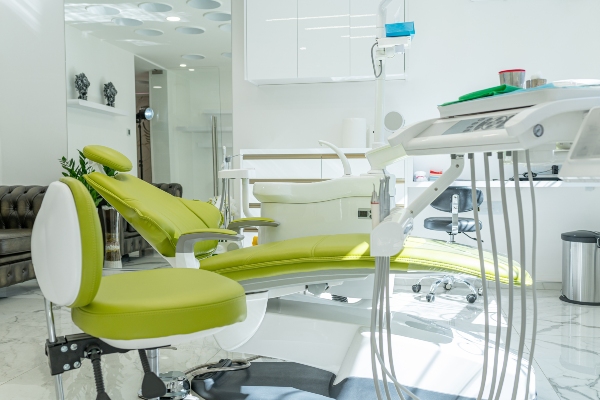 Investing in dental implants can be the healthiest thing that you can do for your dental health. Replacing missing teeth is necessary. Dental implants are the gold standard in dental replacements. Knowing how to care for your new implants can improve your oral health for a long time. Here are some pointers that you must know about proper aftercare for your new dental implants.
Investing in dental implants can be the healthiest thing that you can do for your dental health. Replacing missing teeth is necessary. Dental implants are the gold standard in dental replacements. Knowing how to care for your new implants can improve your oral health for a long time. Here are some pointers that you must know about proper aftercare for your new dental implants.
What to do right away
Aftercare will start as soon as the patient gets the implants. Avoid hot drinks and foods because the temperature will stress the mouth tissues even more. Wait for these soft tissues to heal a little before enjoying hot foods and drinks. Drink cold water for the first days. This helps with swelling, bleeding, and pain.
Maintaining a clean mouth that is free from bacteria is the goal during recovery. Keep fingers out of the mouth. Use a warm saltwater solution as a mouthwash. This solution can lower bacterial activity in the mouth. Use a soft-bristled toothbrush when brushing the neighboring teeth. Wait a few days before brushing or flossing around the implant site.
On bleeding
Expect some minor bleeding after getting dental implants. The dentist may ask the patient to apply pressure on the implant site. Do so by biting down on a sterile gauze pad for about one hour. Remove the pad as gently as possible. Get a new gauze pad and repeat this for another 30 minutes. Bite on tea bags because they have tannic acid that can help clot the blood.
Refrain from rinsing the mouth for a while. Stop sucking through straws or spitting. These activities may disturb and dislodge the clotted blood in the implant site. This could cause bleeding.
On swelling
Bruising or swelling after getting dental implants is natural. There will be swelling a day after the implant procedure. It will reach its peak after two to three days. Reduce the swelling by holding ice packs wrapped in a cloth to the cheek of the implant placement. Apply the ice pack for 20 minutes and rest the area for 10 minutes. Applying moist heat on the cheek while resting can bring back blood circulation and help reduce swelling.
On pain
There will be mild pain after getting dental implants. The dentist may suggest taking pain relievers before the anesthetic fades. Then, take them according to the dentist’s instructions or the first two days after the implant surgery. Over-the-counter pain relievers will be enough for this type of pain.
On drinking and eating
Staying hydrated is important after getting dental implants. Do not consume spicy foods or alcohol. These substances can irritate the tissues. It is ideal to wait for the anesthesia to fade first before eating anything. Choosing healthy foods can make the site heal faster. The nutrients can help the dental implants fuse better with the jawbone and gum tissues.
Dental implants may become successful with proper aftercare
Restoring your missing teeth and self-esteem is possible with dental implants. The procedure may take time to complete, but the results will be worth it. Proper aftercare can lead to the success of these restorations. Working with your dentist can help you enjoy your dental implants for a long time.
Request an appointment or call Roderick A. Garcia, DMD PC at 505-821-6119 for an appointment in our Albuquerque office.
Recent Posts
You may have heard a lot about dental implants and how they can change your smile and appearance. Implants have many benefits and offer advantages that other tooth-replacement treatments cannot match. You can expect improved health and wellness when you have implants, as well. One of the most significant differences you will see is in…
Most people want to have dental implants right after dental extraction. Replacing the lost tooth is a priority. This can prevent more complications as the mouth heals. Understanding the process of getting implants after dental extraction can help prepare you for your appointment. Here are the details about getting dental implants after a dentist removes…
Dental implants are artificial roots that a dentist surgically places into the jawbone. The prosthetic tooth is then attached to the implant and acts like a real tooth, replacing missing teeth or repairing broken ones. This guide will review the three different types of dental implants available today.Endosteal implants contain titanium that dentists place into…


